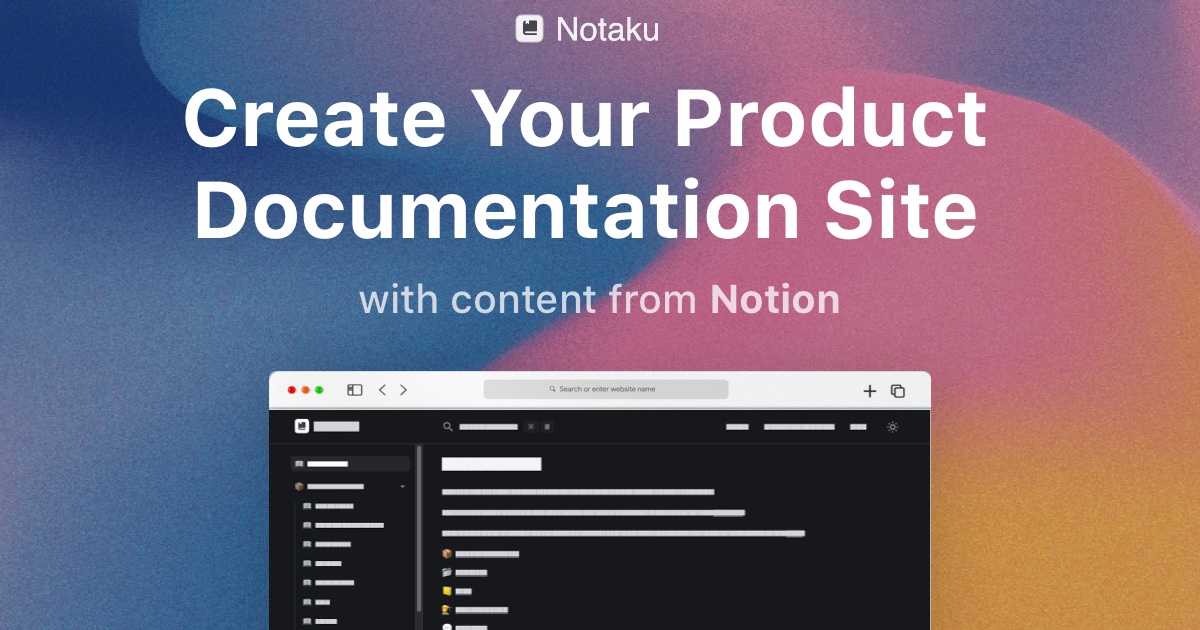npm i lemonsqueezy-webhooks
This package exposes the lemon-squeezy webhooks types and an utility functions to handle webhooks in Node.js
Checks the signature of the request body and parses it to a WebhookPayload type.
It also adds a top level event_name field to make Typescript discriminated unions work inside onData.
import { nodejsWebHookHandler } from 'lemonsqueezy-webhooks'
const secret = process.env.LEMON_SQUEEZY_WEBHOOK_SECRET
// ... Express app setup
app.post('/webhooks', async (req, res) => {
await nodejsWebHookHandler({
async onData(payload) {
console.log(payload)
// payload.event_name allows TypeScript to infer the type of payload.data
if (payload.event_name === 'order_created') {
// payload.data is an Order
console.log(payload.data.attributes.status)
}
},
req,
res,
secret,
})
})You can also see the source code in the Next.js app example in this repo for a full example.
// api/webhook.ts
import type { NextApiResponse, NextApiRequest } from 'next'
import { nodejsWebHookHandler } from 'lemonsqueezy-webhooks'
export const config = {
api: {
// important! otherwise the body signature check will fail
bodyParser: false,
},
}
const secret = process.env.SECRET
if (!secret) {
throw new Error('SECRET is not set')
}
export default async function handler(
req: NextApiRequest,
res: NextApiResponse,
) {
await nodejsWebHookHandler({
async onData(payload) {
console.log(payload)
if (payload.event_name === 'order_created') {
// payload.data is an Order
console.log(payload.data.attributes.status)
}
},
req,
res,
secret,
})
}You can also use the whatwgWebhooksHandler function to handle webhooks in Next.js routes that export a POST and GET handler.
// api/webhook.ts
import { whatwgWebhooksHandler } from 'lemonsqueezy-webhooks'
const secret = process.env.SECRET
if (!secret) {
throw new Error('SECRET is not set')
}
export const POST = (request: Request) => {
return whatwgWebhooksHandler({
async onData(payload) {
console.log(payload)
if (payload.event_name === 'order_created') {
// payload.data is an Order
console.log(payload.data.attributes.status)
}
},
request,
secret,
})
}Exported types:
WebhookPayload, the lemonsqueezy json body of a webhookOrder, thepayload.datatype for the eventsorder_createdorder_updatedorder_deleted
Subscription, thepayload.datatype for the eventssubscription_createdsubscription_cancelledsubscription_resumedsubscription_expiredsubscription_pausedsubscription_unpaused
SubscriptionInvoice, thepayload.datatype for the eventssubscription_payment_successsubscription_payment_failedsubscription_payment_recovered
LicenseKey, thepayload.datatype for the eventslicense_key_created
Exported functions
nodejsWebHookHandler, it handles webhooks signature check and parsing. It also adds a top levelevent_namefield to the payload to make Typescript discriminated unions work and infer the payload.data type under if blocks insideonData.
